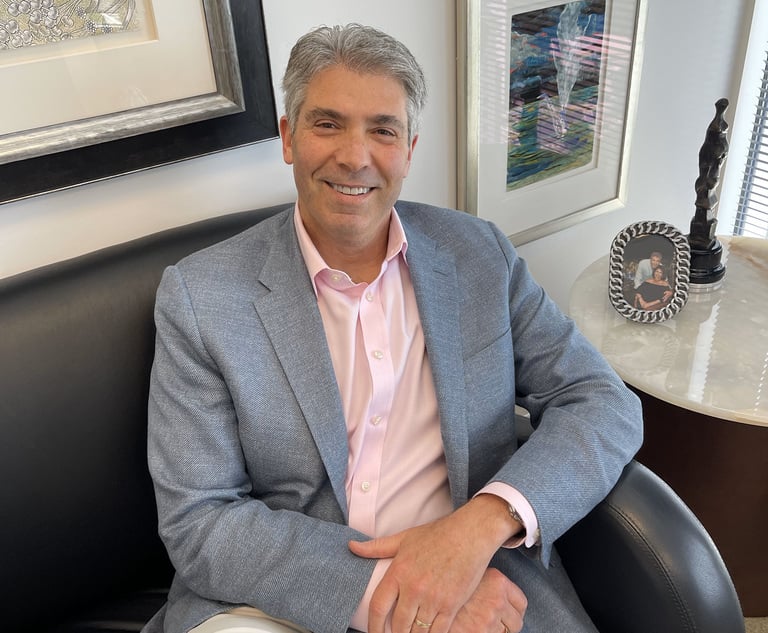Lawyers often rely on their clients to provide them with information and facts to use in the course of a representation, including in litigation. While lawyers do not necessarily have an obligation early in a matter to independently verify the truthfulness of this information in all circumstances, they are obligated to comply with the Rules of Professional Conduct, which prohibit lawyers from knowingly making false statements of material fact or law to others.
Rule 4.1 of the Georgia Rules of Professional Conduct outlines a lawyer’s obligations regarding the truthfulness of statements. Specifically, the Rule provides that “[i]n the course of representing a client a lawyer shall not knowingly: (a) make a false statement of material fact or law to a third person; or (b) fail to disclose a material fact to a third person when disclosure is necessary to avoid assisting a criminal or fraudulent act by a client, unless disclosure is prohibited by Rule 1.6.”
This content has been archived. It is available through our partners, LexisNexis® and Bloomberg Law.
To view this content, please continue to their sites.
Not a Lexis Subscriber?
Subscribe Now
Not a Bloomberg Law Subscriber?
Subscribe Now
LexisNexis® and Bloomberg Law are third party online distributors of the broad collection of current and archived versions of ALM's legal news publications. LexisNexis® and Bloomberg Law customers are able to access and use ALM's content, including content from the National Law Journal, The American Lawyer, Legaltech News, The New York Law Journal, and Corporate Counsel, as well as other sources of legal information.
For questions call 1-877-256-2472 or contact us at [email protected]







